Fluency News 47

Fico por dentro das notícias do mundo e treine a sua escuta em inglês!
Navegue pelo conteúdo
Hello, everyone!
Sejam bem-vindos e bem-vindas a mais um episódio da nossa série de podcasts, o Fluency News! Aqui, você vai treinar a sua escuta e ficar por dentro do que está acontecendo no mundo – tudo em inglês! Ao longo do episódio, nós também adicionamos explicações em português das coisas que achamos que precisam de mais atenção, assim você não perde nenhum detalhe e expande o seu conhecimento sobre a língua inglesa. No episódio desta semana, falamos sobre as Olimpíadas de Tóquio, um pouco sobre o festival de música Lollapalooza e, também, há um estudo sobre tatuagens.
Temos uma página de dicas de inglês no Instagram, vá lá conferir! @fluencytvingles
Toda semana, temos um novo episódio do Fluency News, não deixe de escutar! See you!
Este episódio foi escrito por Alessandro Ladelfa.
TRANSCRIÇÃO
What is up, everyone! Welcome to another episode of Fluency News. I’m Scott Lowe, and I’m thrilled to have you with me. Together, we’ll see some of this week’s most relevant news, and if necessary, have some explanations in Portuguese.
Before we get started, I’ve got something to remind you:
I’d like you all to go to fluency.io. There, you’ll find the transcript of this episode, all of our sources, and free lessons in all the languages Fluency Academy currently teaches – which are english, spanish, french, italian, german, japanese and mandarin! So, head over to fluency.io to get all that good stuff .
Now, without further ado, let’s dive in:
Let’s get started by talking a little bit about the Olympic games! Simone Biles, the six-time Olympic medallist, will contest the balance beam final on Tuesday, the final day of artistic gymnastics in Tokyo.
She announced on Monday that her teammate and her will take their places in the final. Its tweet read: “We are so excited to confirm that you will see two US athletes in the balance beam final tomorrow – Suni Lee AND Simone Biles!! Can’t wait to watch you both!”. She arrived in Tokyo with a real chance of competing for five gold medals, but after some problem she had on her opening vault during the women’s team final, she decided to withdraw from that final in order to protect her mental health.
Throughout the last week, Biles shared her struggles as she explained that she was suffering from the twisties, a mental block that affects many of the difficult skills she competes in. She also mentioned that previous mental blocks have only affected her on vault and floor routines, yet this time they have affected her on all events. Since her withdrawal, she’s been training at an unspecified location in Tokyo where she’s safely trained her skills over a foam pit.
Since day 1, Biles has been cheering and rooting for her friends and other gymnasts from other countries with whom she is friends. Thankfully, they will now have the chance to support her in the arena as well.
A frase “Biles has been cheering and rooting for her friends” traz a ideia de que Biles vem celebrando e torcendo por seus amigos há algum tempo. Isso porque essa formação chamada de presente perfeito contínuo é usada para dar ênfase em ações que começaram no passado e continuam ocorrendo no presente. A formação é feita pelo auxiliar “have” ou “has” sempre junto com o “been” e algum verbo terminado com “ing”. Por exemplo, “John has been jogging lately” que significa john vem correndo ultimamente infere que o autor da ação tem feito a essa atividade regularmente, mesmo não havendo uma expressão de tempo que deixe claro o período da atividade. Na manchete não fica claro há quanto tempo Biles tem dado suporte aos seus amigos, mas o uso desse tempo verbal faz com que a gente perceba uma continuidade na ação da atleta.
Now let’s talk about the first Brazilian Vault gold: Rebeca Andrade wins historic vault gold as USA’s Skinner takes silver.
After winning a silver medal in the women’s all-around final, on Sunday Rebeca Andrade became an Olympic champion by winning the vault competition. Rebeca Andrade was 13 years old when she first debuted her Amanar, one of the hardest vaults in women’s gymnastics.
Between her age and background from a non-traditional gymnastics country, it was indeed a noteworthy achievement. But even more striking was just how good Andrade soared high above the vaulting table when she won the gold medal – it has taken eight years for a Brazilian to finally reach a status in the sport that so many hoped Brazil would one day attain.
Rebeca Andrade is now 22 years old and is now Brazil’s first Olympic champion in women’s gymnastics who won the gold medal. Even though she had imperfect landings, they were enough for her to win. MyKayla Skinner, who replaced Simone Bil, won the silver medal in the same competition.
Nessas duas primeiras notícias, você ouviu diversas vezes a palavra “vault” que significa “disputa de salto”. Considerado um evento de explosão muscular que possui uma margem mínima para erros, é o evento mais curto entre todos, e tem igual ponderação aos demais para a obtenção da classificação global do ginasta.
Além disso, na manchete sobre Rebeca Andrade, há a passagem de “after winning e “by winning”, mas o verbo “winning”, nesse caso, não diz respeito a ações contínuas. É verdade que usamos o ing nos verbos para transformá-los em gerúndio (terminação ando, endo, indo), como em “she is winning the game now” que significa ela está ganhando o jogo agora, mas em “after winning” e “by winning“, o ing foi usado por uma questão de concordância do verbo: sempre que um verbo for seguindo por uma preposição, usamos o ing para conjugá-los no infinitivo (terminação ar, er, ir), como em “I’ve got to clean my room before making dinner” que significa eu tenho que arrumar meu quarto antes de fazER a janta. Sendo assim, “after winning” e “by winning” não significam depois ganhando e por ganhando, mas sim depois de ganhAR e por ganhAR, respectivamente.
Now, let’s talk about music. The annual four-day music festival held in Grant Park in Chicago, Lollapalooza attracted huge crowds. But the music festival cancelled the rapper DaBaby performance originally scheduled for last Sunday afternoon by saying that the festival was “founded on diversity, inclusivity, respect and love and with that in mind, DaBaby will no longer be performing at Grant Park tonight.”
The rapper came under fire for homophobic comments during a performance in Florida last week. Artists including Elton John, Demi Lovato, Madonna and Dua Lipa, who has collaborated with DaBaby, led condemnation. His Homophobic and HIV mistruths have led many to now see him from a differnt point of view. He claimed in an online video to have acted in self-defence after a gun was pulled on him and the state ultimately dropped charges against the rapper for carrying a concealed weapon.
Na notícia anterior, há a expressão “to come under fire” que significa ser criticado. Essa expressão é muito utilizada em contextos mais políticos onde alguém é criticado por não seguir alguma regra ou por não respeitar as diversidades culturais. Geralmente essa expressão é usada em contextos mais morais e éticos, como em “the company has come under fire for using child labor” que significa a empresa foi criticada por usar trabalho infantil. Como DaBaby fez comentários homofóbicos, a expressão “to come under fire” é usada para intensificar a crítica voltada ao rapper.
Let’s switch the topic because now I’ve got a question for you: what do you think of tattoos? A recent study on tattoos says that about 20% of adults in the UK now have at least one tattoo, and that proportion is likely to grow.
Prof Viren Swami, a psychologist at Anglia Ruskin University who studies body image, thinks that these superficial explanations are highly unlikely. “Given their permanence, and the pain that’s involved, and the planning that often goes into getting a tattoo, it’s very difficult to conceptualise tattooing as a fashion accessory,” he says.
In his opinion, it is far more interesting to examine the ways that people use body art for self-realisation, as artistic endeavours that are expressions of identity, body ownership, and personal growth.
Swami explains that one of the biggest reasons why people get tattoos is because they see it as a means of holding loved ones close after death. Many people say they have had tattoos done as an attempt of having a type of memory after the death of a loved friend, relative, or artist.
Yet, even though the stigma surrounding tattoos may be decreasing in the UK and US, Swami believes that it lingers in the workplace. “I know of organisations that still ask their employees to hide them,” he says. “And you have a whole market of makeup that’s designed to cover up tattoos”.
Given the enormous range of reasons that people may have for their tattoos, the stories that they can tell, and the moments they can symbolize, I guess it’s time we realize that the use of our skin as a canvas may go far beyond the aesthetic value.
Você sabia que a preposição “on” tem diversos significados? Acredito que você já ouviu aquela famosa frase “the book is ON table”. Nessa frase, por exemplo, o uso da preposição on traz a ideia de localização – essa preposição pode ser usada sempre que quisermos falar em cima de, sobre como em “my cat is on my bed” (meu gato está em cima da minha cama). Porém dentre os vários usos dessa preposição, on pode também significar sobre, como na frase da notícia acima “a recent study on tattoos” que significa um estudo recente SOBRE tatuagens. Podemos usar a preposição “about” no sentido de sobre também, então tanto “a recent study on tattoos” quanto “a recent study about tattoos” tem o mesmo significado, um estudo sobre tatuagens. Outras frases que usam ON no sentido de sobre são: “an article on microbiology” (um artigo sobre microbiologia), “a book on literature” (um livro sobre literatura) e “a quiz on sports” (um quiz sobre esportes). E aí, conhecia esse uso?
And this is the end of this week’s episode. We will, of course, be back next week, with more relevant stories, and with updates to anything we’ve covered before.
Ah, e se você quer se tornar fluente em inglês, espanhol, francês, italiano, alemão, japonês ou até em mandarim com o apoio dos professores da Fluency Academy, então te liga: todas as turmas já estão lotadas agora, mas tem um jeito de você ser avisado quando uma nova for abrir!
É super fácil: se inscreva na nossa lista de espera! Colocando o seu nome na lista, você tem mais chances de garantir a sua vaga nas próximas turmas para estudar com os melhores professores do mundo. É 100% de graça e é rapidinho de se inscrever. Basta você apertar no link na descrição desse episódio! And remember: there’s a new episode of Fluency News every week and we’ll see you soon.
Peace out.
News:
Simone Biles to compete in balance beam final, USA Gymnastics says
https://www.theguardian.com/sport/2021/aug/02/simone-biles-return-balance-beam-final-tokyo-olympics
Brazil’s Rebeca Andrade wins historic vault gold as USA’s Skinner takes silver
https://www.theguardian.com/sport/2021/aug/01/gymnastics-vault-final-rebeca-andrade-mykayla-skinner
Lollapalooza drops DaBaby performance after homophobic comments
https://www.theguardian.com/music/2021/aug/01/dababy-lollapalooza-drops-performance-homophobic-comments
Ink positive: how tattoos can heal the mind as well as adorn the body
https://www.theguardian.com/science/2021/jul/31/ink-positive-how-tattoos-can-heal-the-mind-as-well-as-adorn-the-body
Playlist
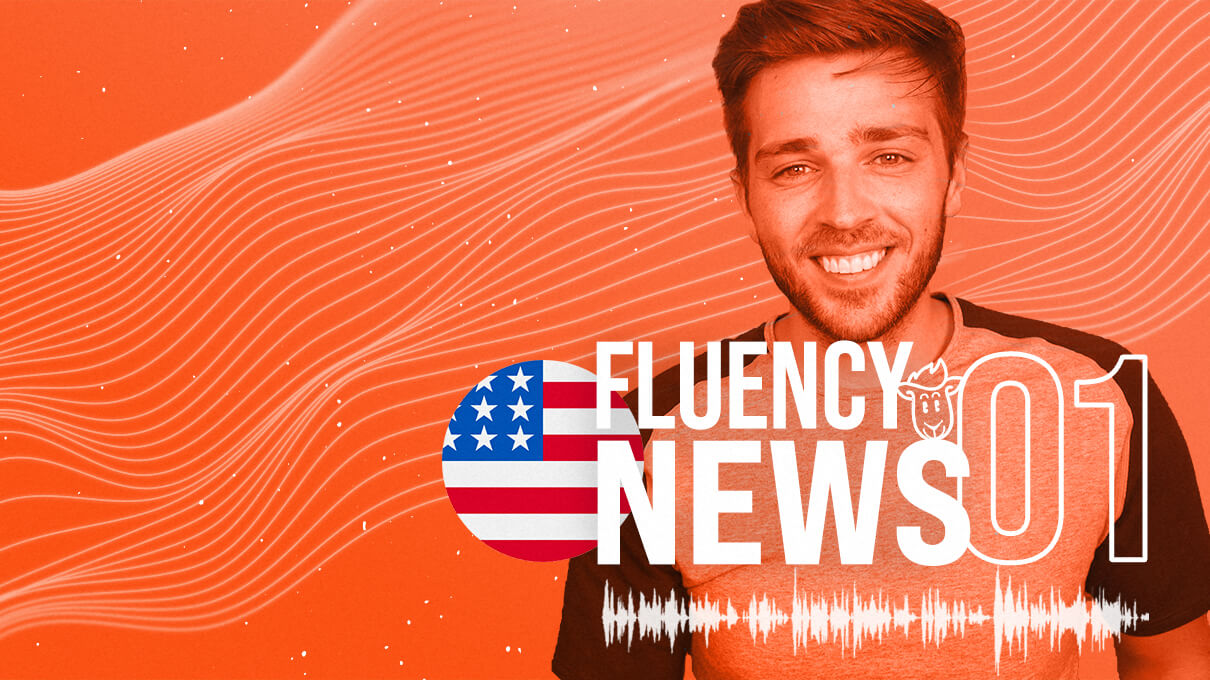
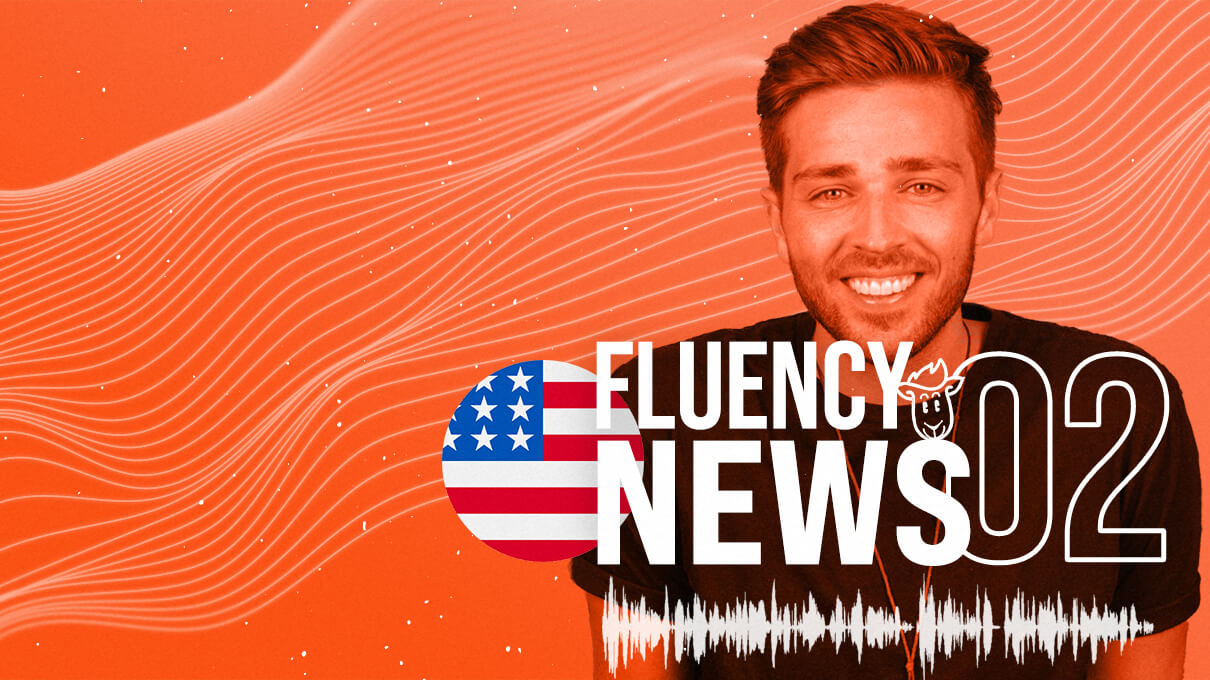
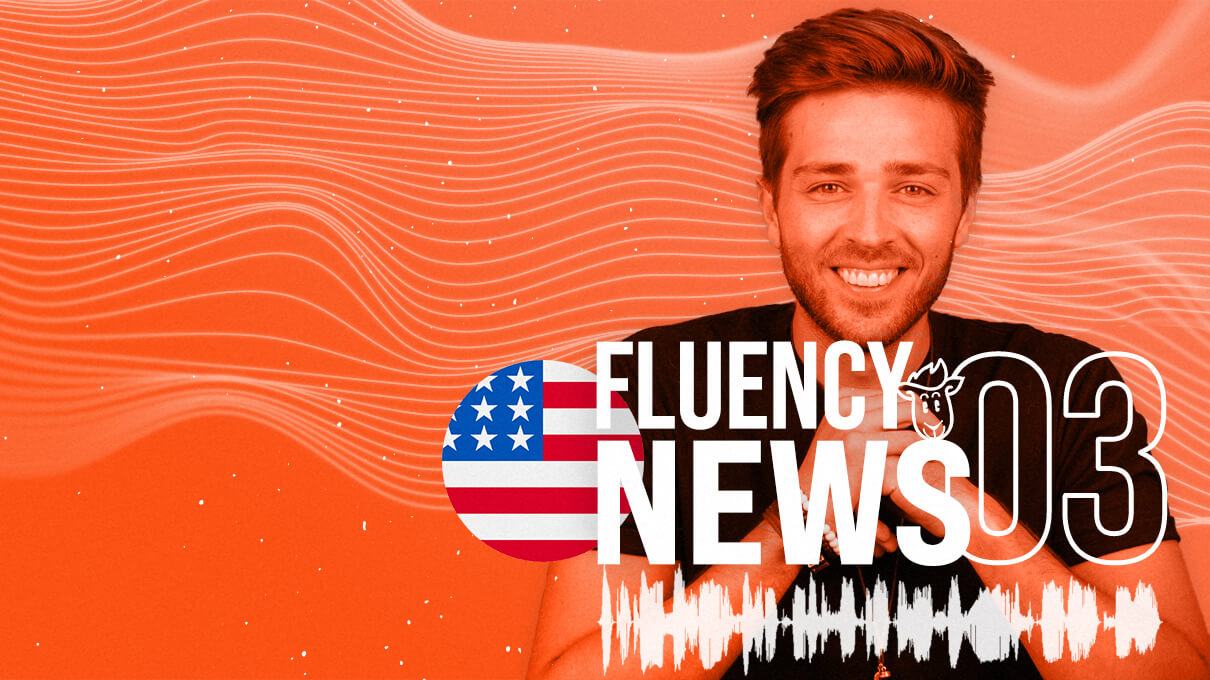
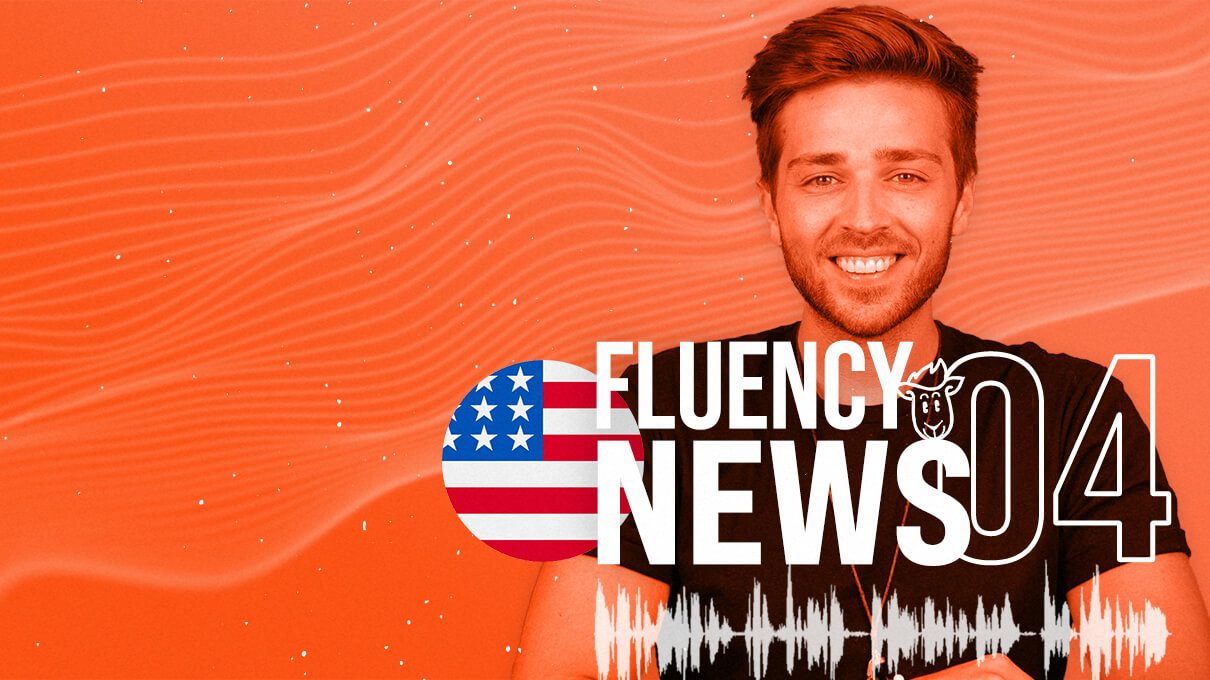










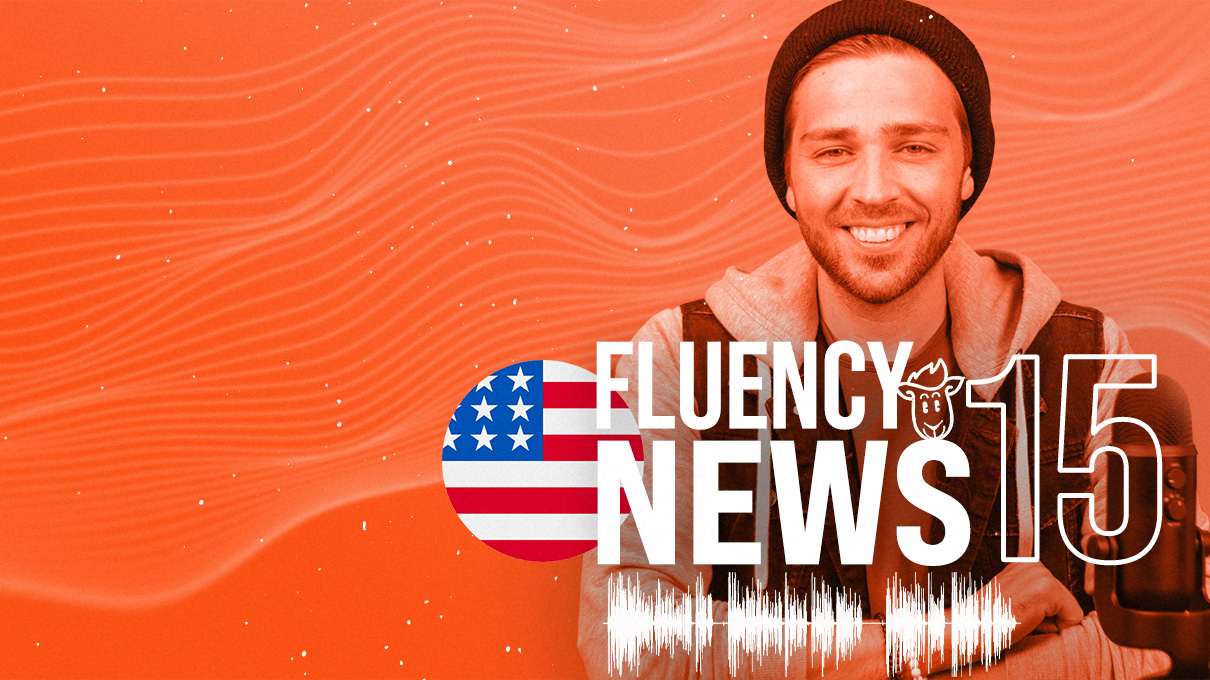

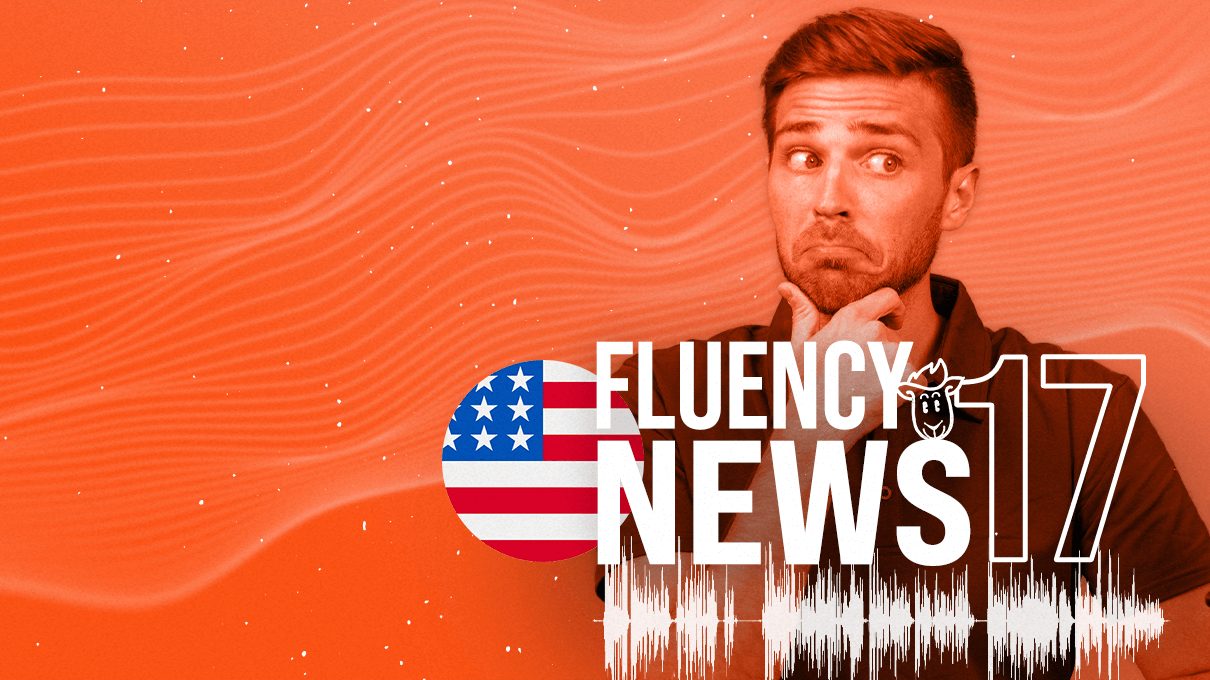

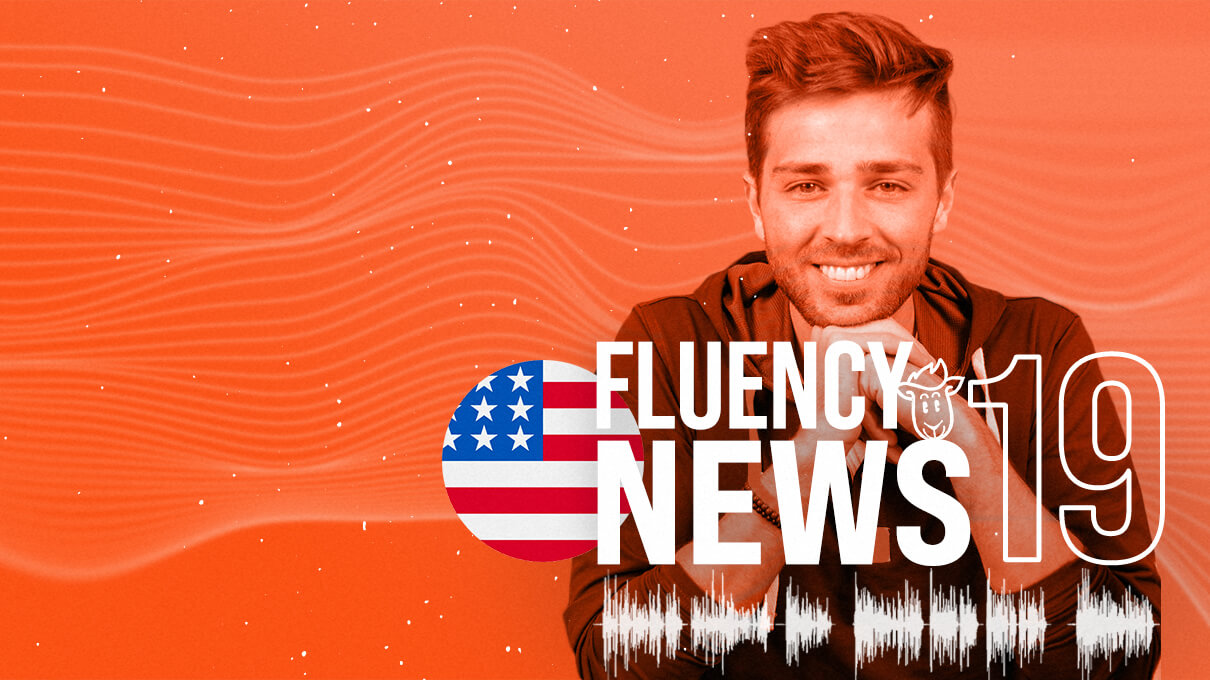




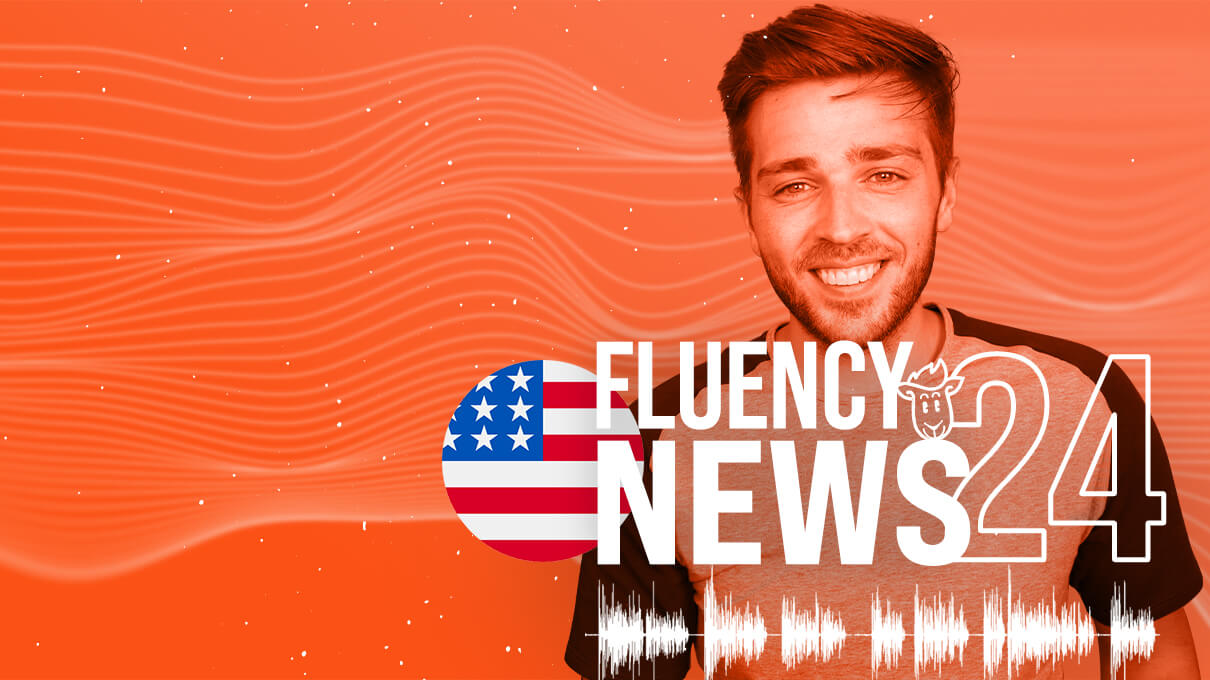









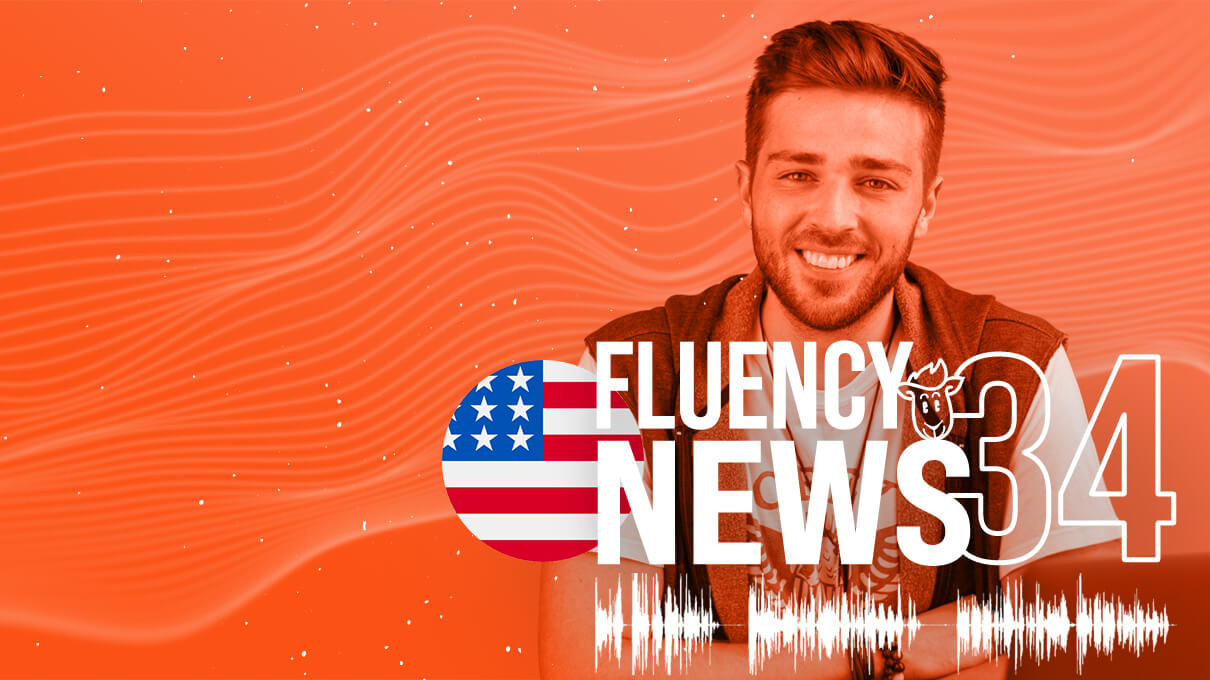














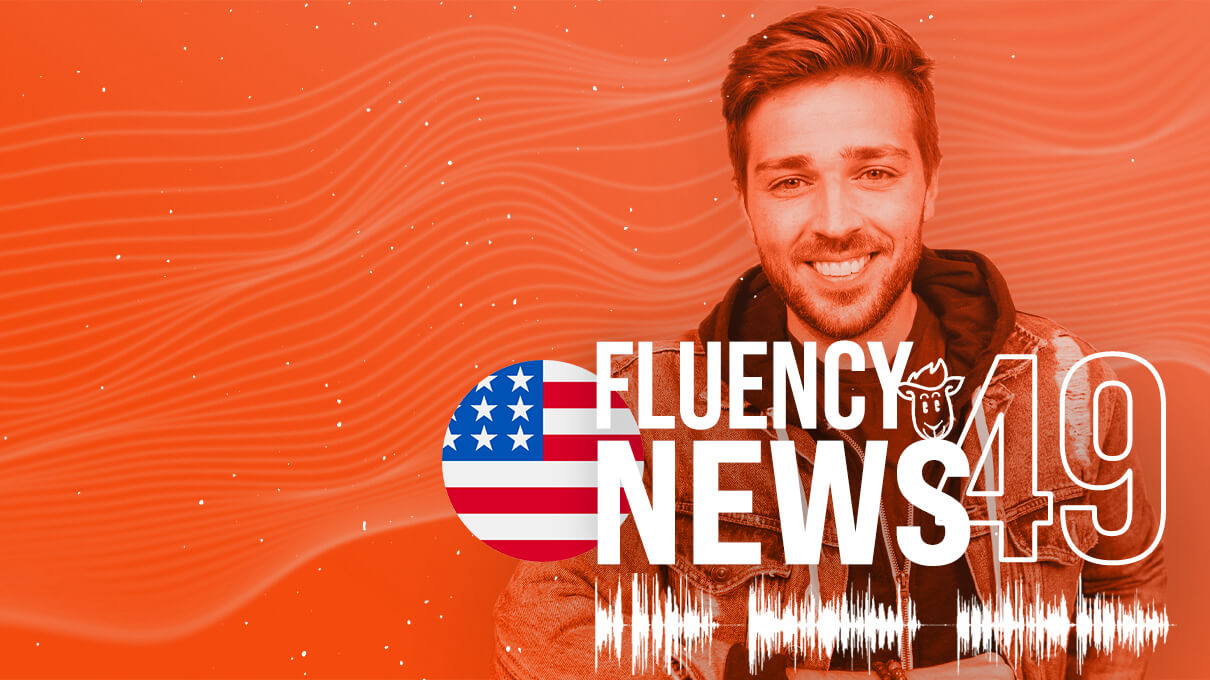











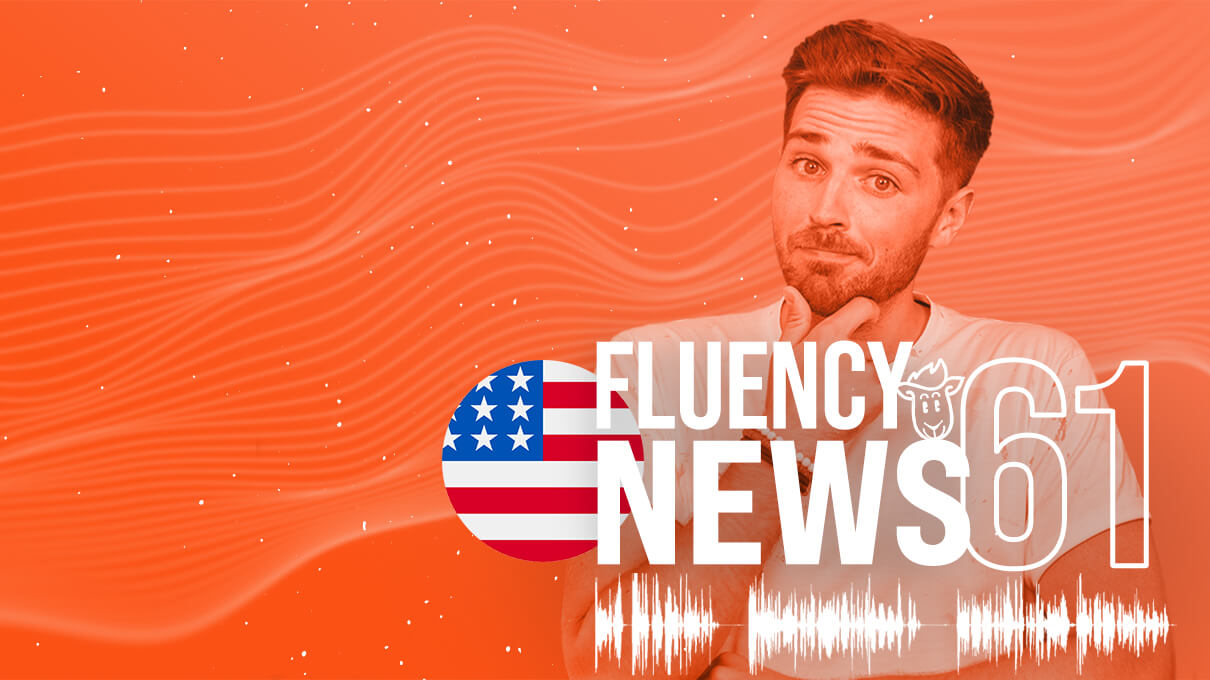






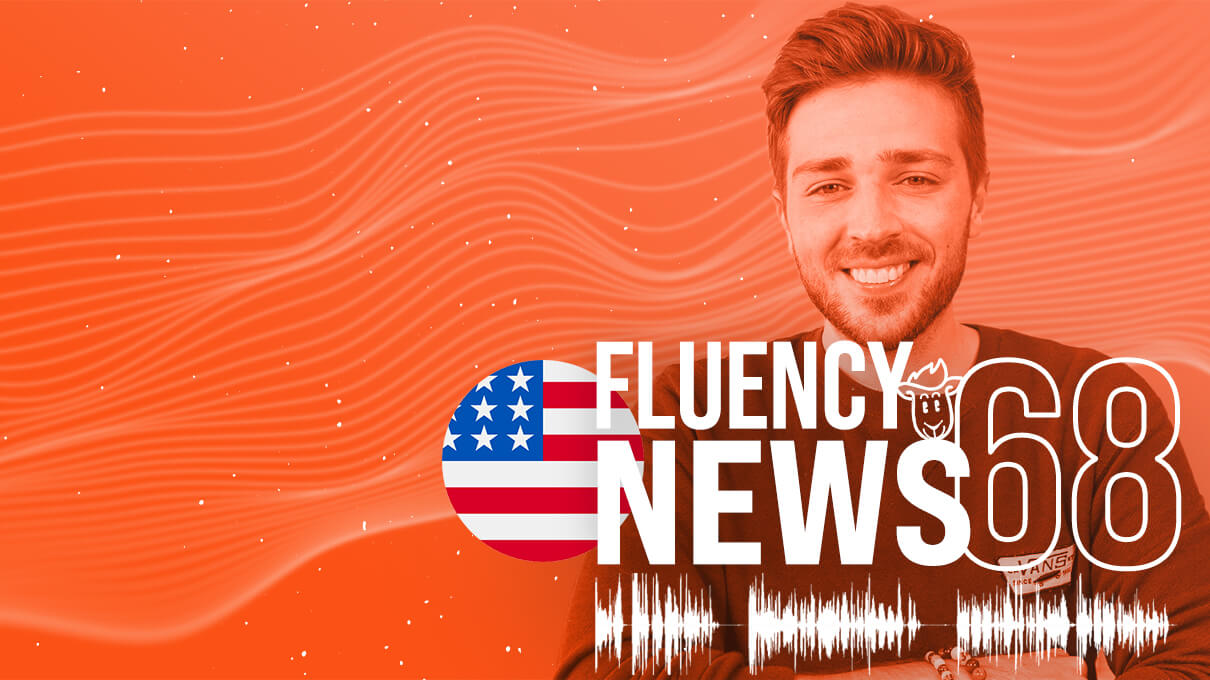



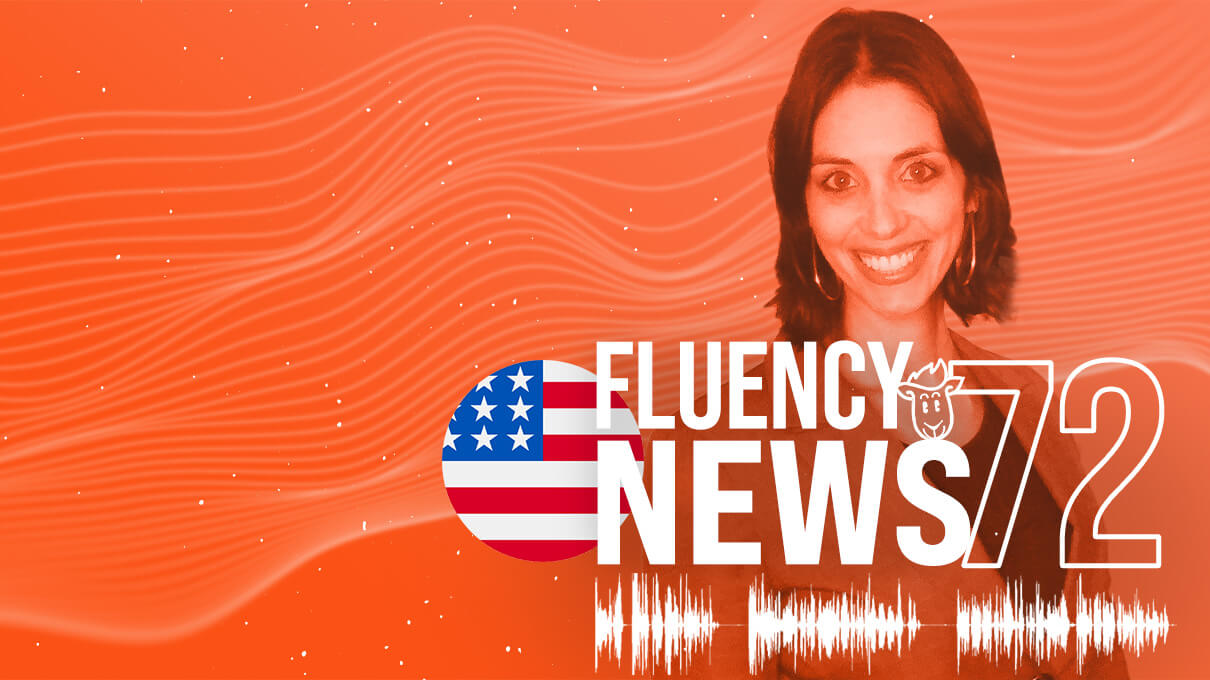

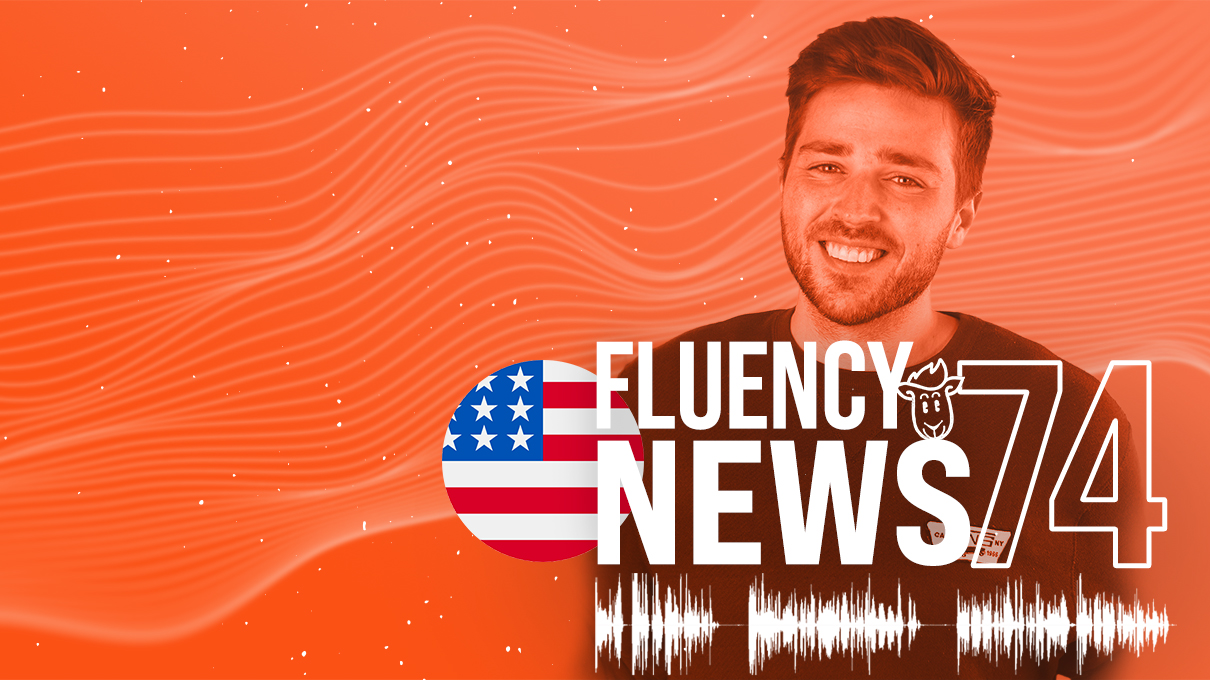

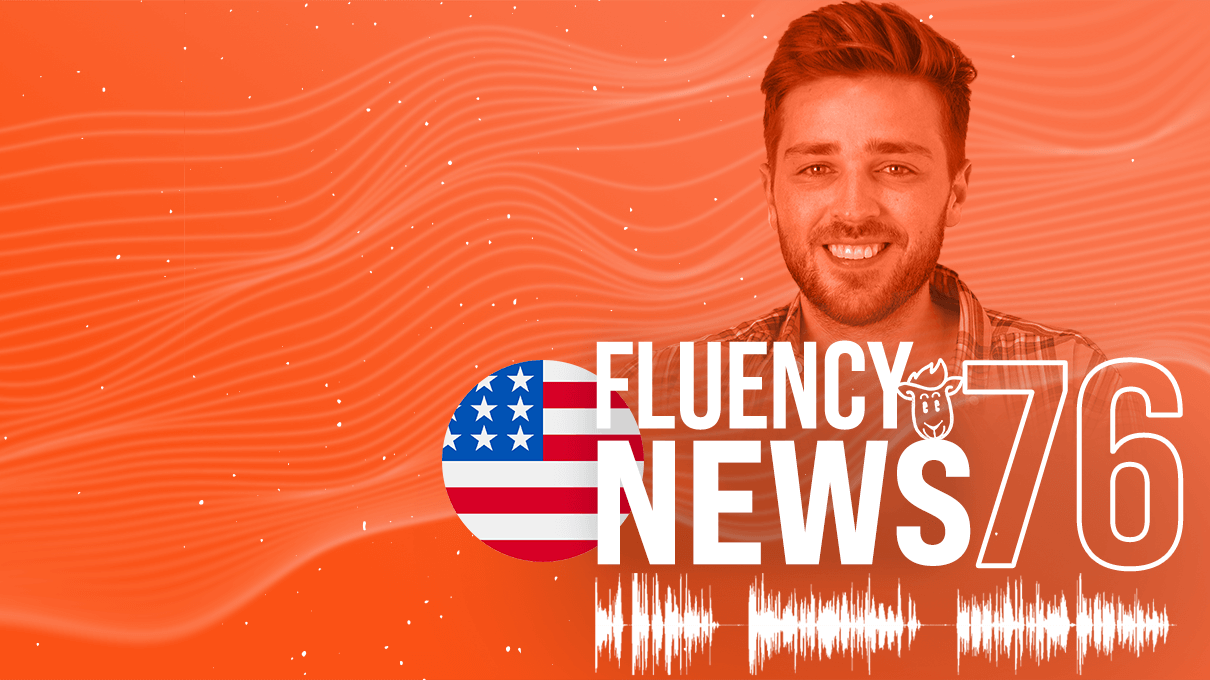
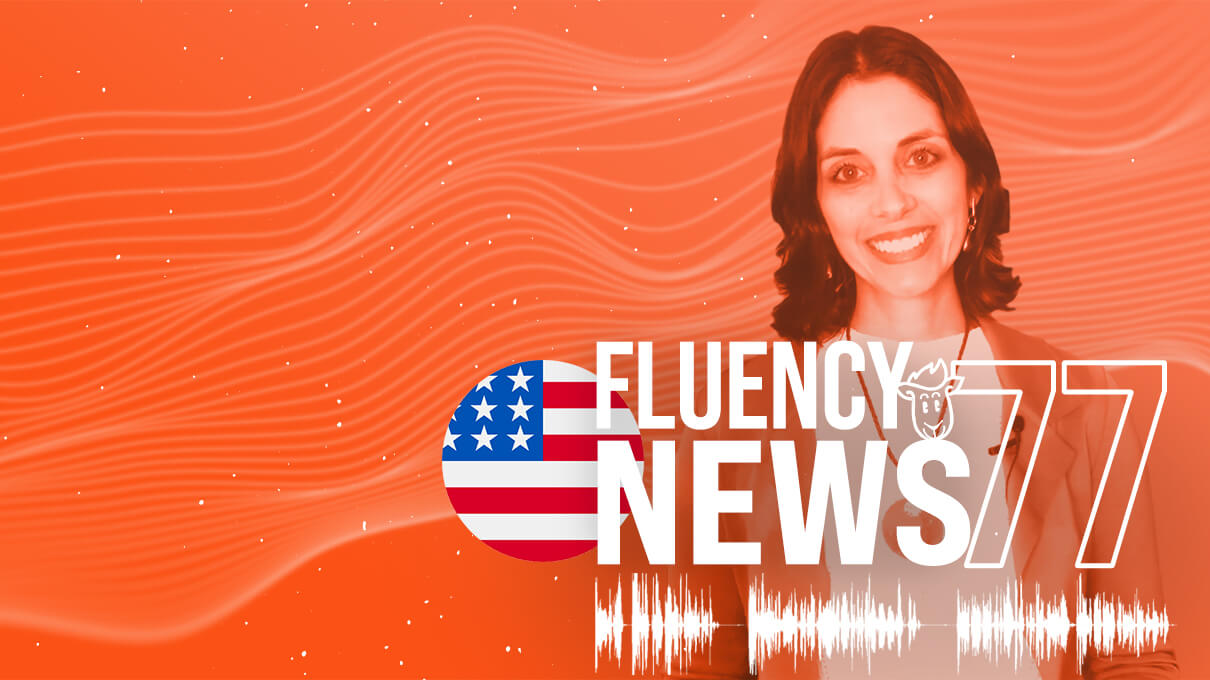






















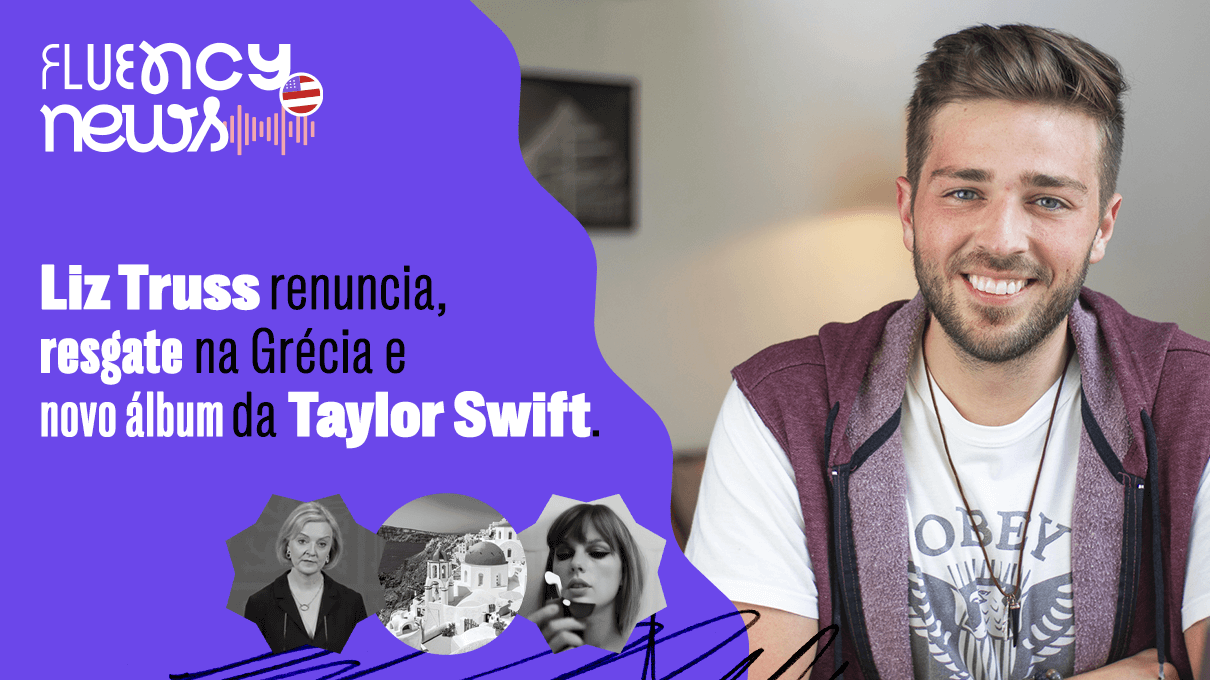
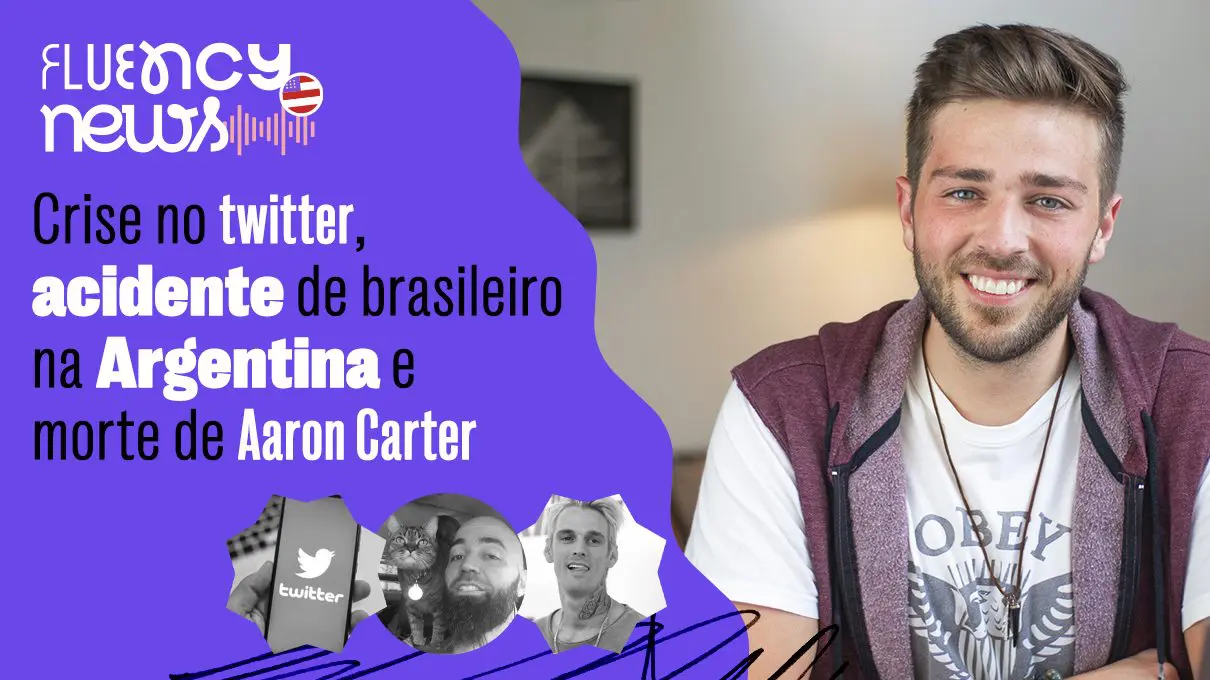
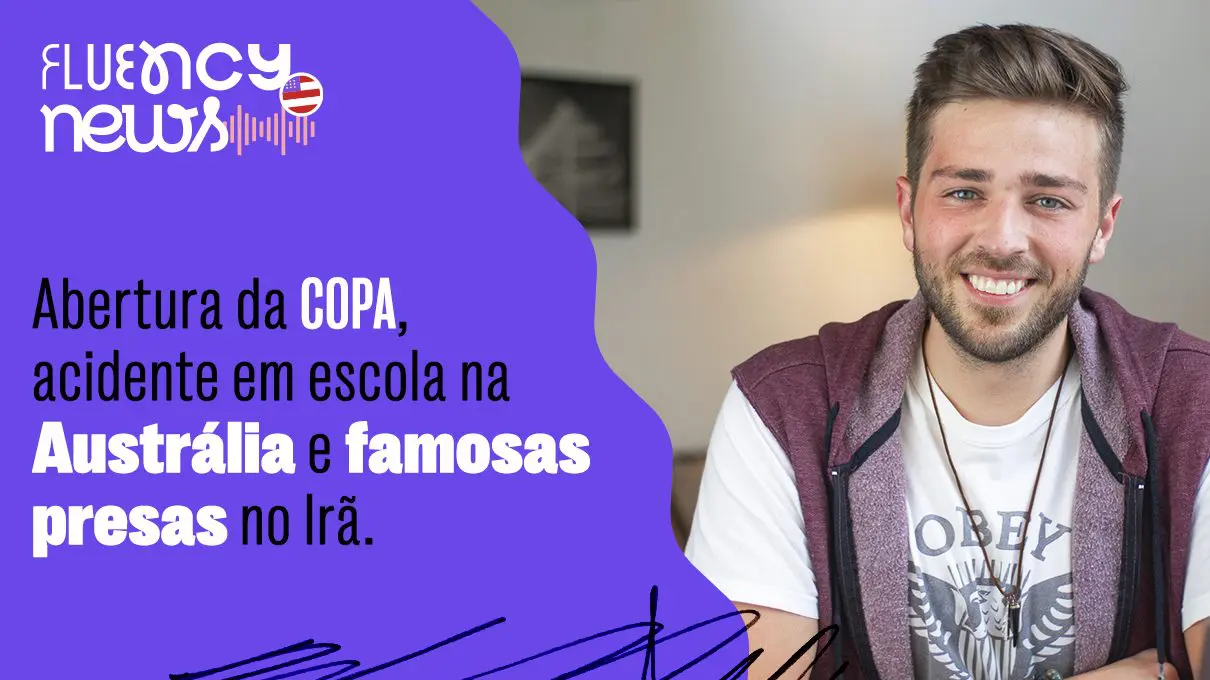








 Blog
Blog  Podcast
Podcast  Lives
Lives  Aulas
Aulas  eBooks
eBooks  Minicursos
Minicursos











